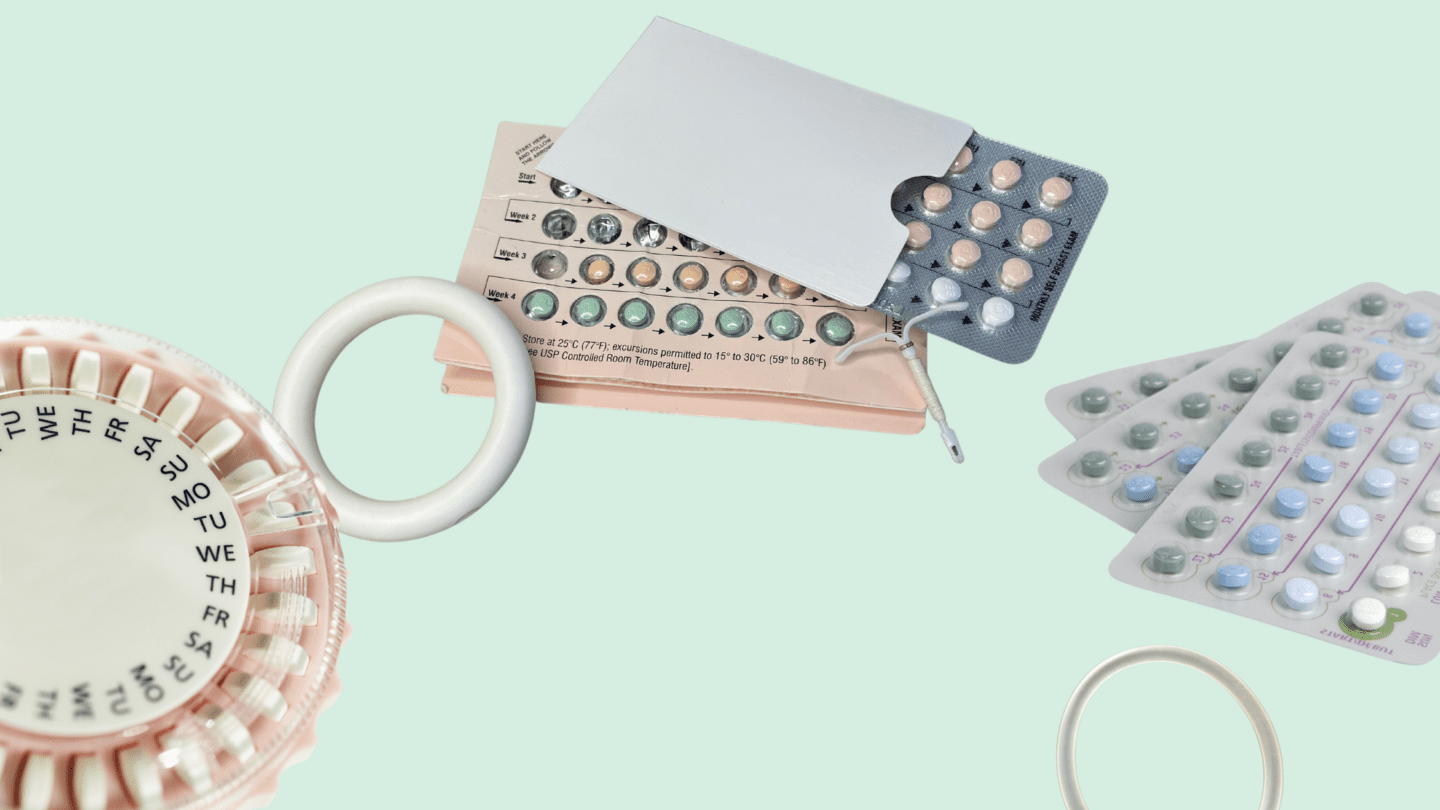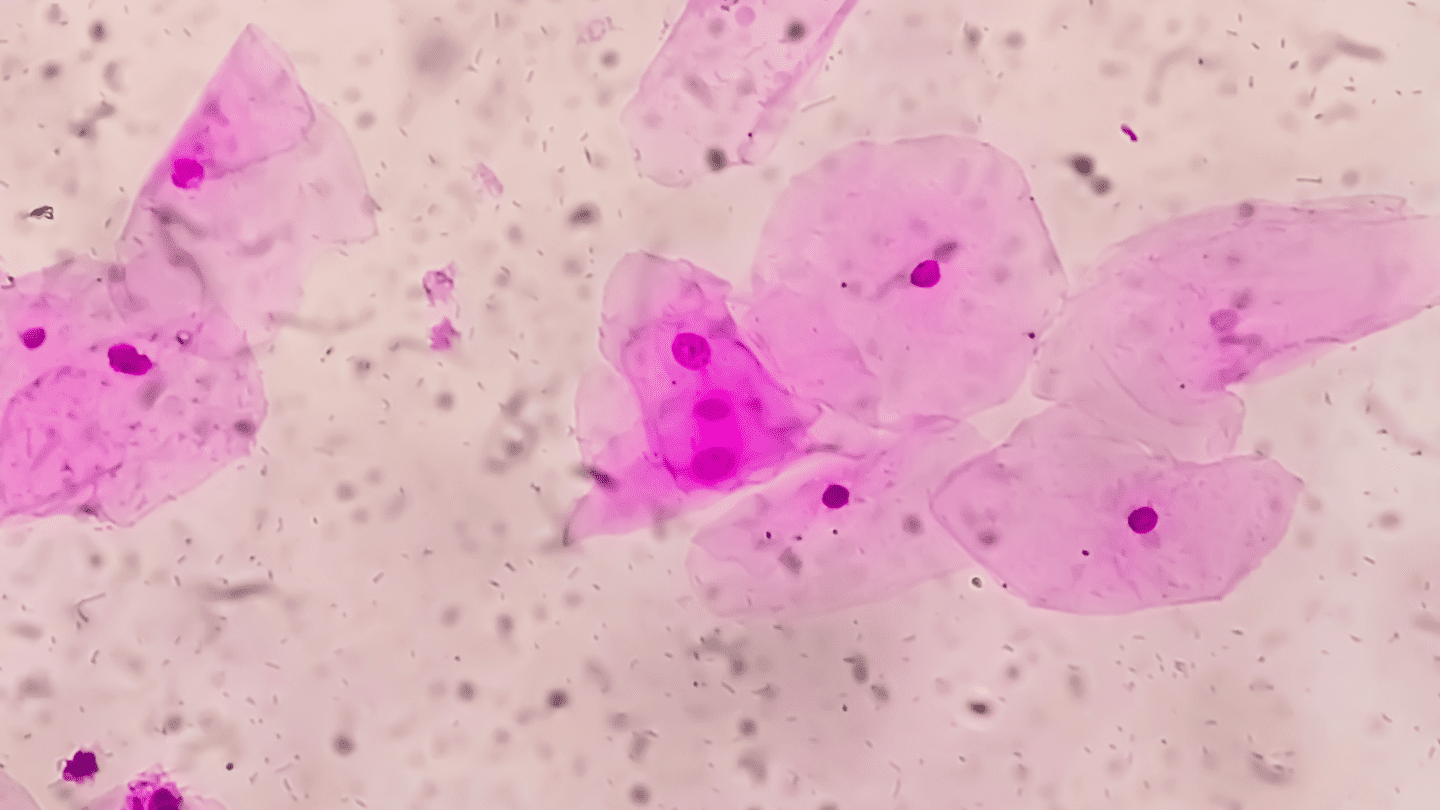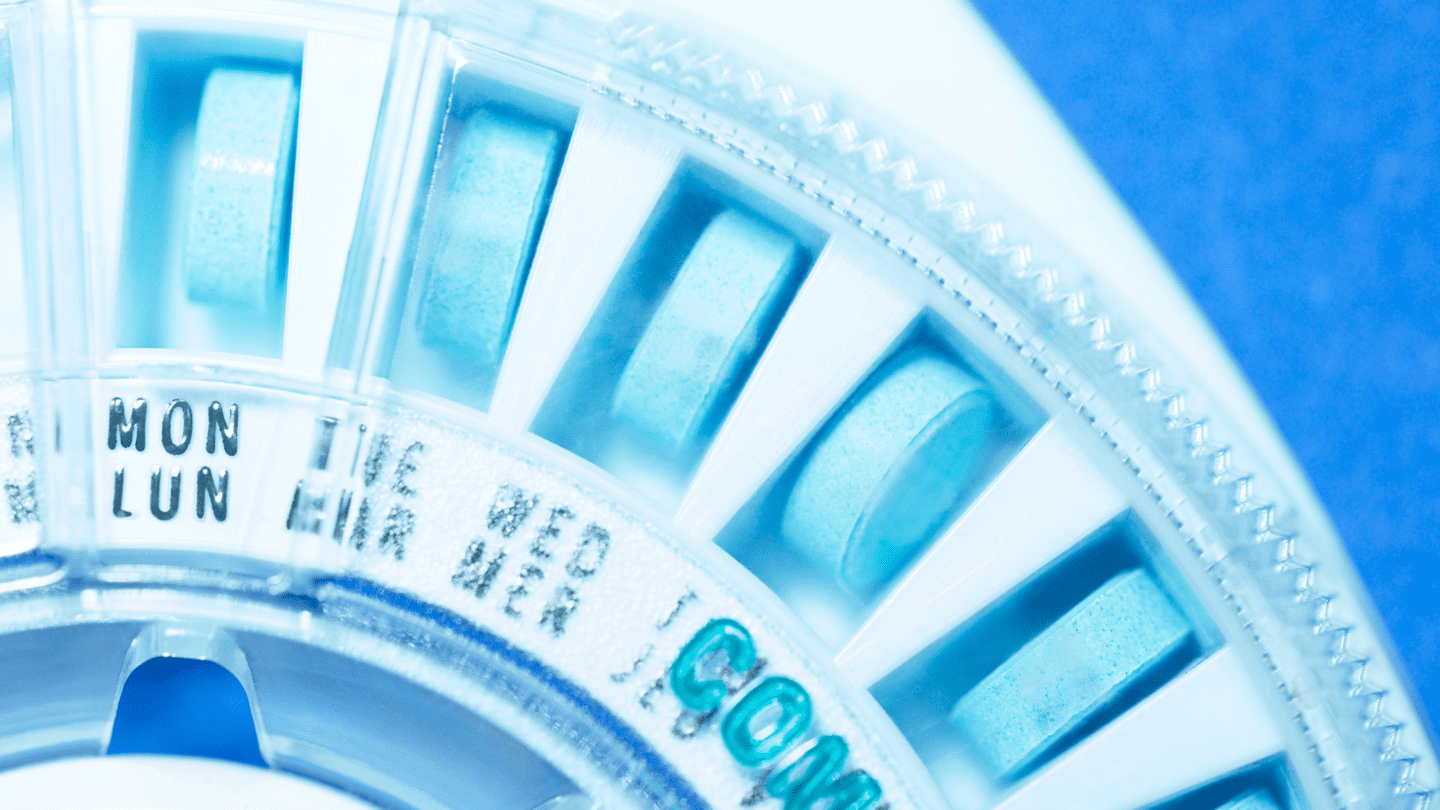Hormones play a big role in regulating your mood, energy levels, motivation, and more. And if you’re one of the millions of people with attention-deficit/hyperactivity disorder (ADHD), your hormones may impact your ADHD symptoms more than you realize.
Many people with ADHD report worse symptoms at certain points in their menstrual cycle, and some struggle to adjust to certain types of .1-3 If your experience sounds similar, rest assured that it’s not all in your head. There is a link between ADHD symptoms and the sex hormones and , though scientists are still sorting out the details of how they interact.
Here’s what to know about the connection between your ADHD symptoms and menstrual cycle, and if can help.
Is adyn right for you? Take the quiz.
Understanding ADHD Symptoms
ADHD is a complex condition caused by a variety of factors, and it affects people in different ways.4 Though scientists don’t fully understand the neurological underpinnings of ADHD, they do know that people with ADHD typically have lower levels of certain neurotransmitters.5
Neurotransmitters are chemical messengers that let neurons in your body communicate with each other. When everything is working properly, neurotransmitters let you do things like move your muscles, feel emotions, and stay alert.6 But certain tasks can become difficult, or even impossible, when there aren’t enough neurotransmitters in your system.
People with ADHD typically have less of the neurotransmitters norepinephrine and dopamine.5
Norepinephrine regulates your body’s fight or flight response and controls functions like sleep and blood pressure. It also plays an important role in your ability to pay attention, focus on tasks, and deal with stress.6-7
Dopamine regulates your emotions and motivation. If you’re doing something fun, you can thank dopamine for the chemical reward that makes you feel motivated to keep going. Dopamine also plays a critical role in executive functioning skills that people with ADHD struggle with.6
Executive dysfunction can look different in different people but common symptoms include distractedness, difficulty planning and completing tasks, and trouble controlling emotions. Because low neurotransmitter levels are often behind ADHD, people sometimes take stimulant medications to increase those levels and make it easier to function.
It’s also good to know that ADHD symptoms in women can present differently than in men. Women are less likely to show the stereotypically hyperactive or jumpy behavior we typically associate with ADHD, and might instead have issues regulating their attention.8
The dopamine and norepinephrine neurotransmitters behind ADHD can also interact with hormones in complex ways. That can make getting a handle on ADHD symptoms even more difficult, especially when something like the menstrual cycle is involved.
Estrogen, , and ADHD symptoms
Scientific studies link and dopamine, which means that ADHD symptoms and hormonal fluctuations could be connected. But exactly how these two chemical messengers interact isn’t entirely clear yet.
A study from 2011 revealed that and dopamine can both enhance and hinder cognitive function, depending on the situation.9 And a 2010 study similarly reported that modifies the effects of dopamine in rat brains.10
Studies also show ADHD symptoms change throughout the menstrual cycle when and levels fluctuate.
A study from 2017 explored how the severity of ADHD symptoms changed throughout people’s cycles. Thirty two women participated in the study, giving saliva samples and filling out questionnaires about their ADHD symptoms every day for just over a month. Participants generally had worse ADHD symptoms during the early luteal and early follicular phases, which happen directly after ovulation (around midway in your cycle) and at the start of your period, respectively, and are when levels are lower.11
Lower levels seem to correlate with worse ADHD symptoms, especially when combined with elevated levels of and .
And in other research, low is associated with worse memory and cognitive function when combined with other factors.
Beyond ADHD, many studies record a common experience for people in : an increase in problems with memory and cognition.12 Before and during , levels drop drastically as the body stops menstruating.13 Some of the symptoms that people experience during look a lot like ADHD symptoms, whether or not someone is diagnosed with the condition.
Of course, everyone’s experience with ADHD is going to be different. You might find that your symptoms fluctuate randomly, worsen consistently at certain phases of your menstrual cycle, or don’t fluctuate at all. Remember, ADHD is a complex condition with a variety of causes and symptoms — and the research into the condition still hasn’t uncovered everything.
If you’re looking to manage your ADHD symptoms with , know that there won’t be a single method that works for everyone. But there are some types that may be more compatible with your body.
Can make ADHD better – or worse?
Since research shows a connection between fluctuating hormones and ADHD symptoms, it’s possible that hormonal could impact how you experience ADHD in a positive or negative way.
Hormonal generally works by supplementing your levels of and/or in order to prevent pregnancy. Each method and variation works a little differently, like combination birth control pills, the mini pill, which contains only and no , Or other hormonal options like the IUD, implant, and patch that gradually administer hormones throughout the month.
Like what you’re reading? Get the latest straight to your inbox 💌
Unfortunately, there are very few scientific studies that explore the relationship between ADHD symptoms and specifically. One study found that women aged 15–24 who have ADHD and take pills have a higher risk of developing depression compared to those on other forms of .2 Another found that hormonal contraceptives can help decrease symptoms of premenstrual dysphoric disorder (PMDD) in people with ADHD, who likely suffer from the condition at higher rates than the general .14 Unfortunately, this study didn’t distinguish between types of .
While that research gap leaves a lot of questions about how best to approach as a person with ADHD, there are some potential benefits for this user group. can regulate your cycle, and forms like an IUD that you don’t need to remember to take can be great options.
And sometimes, the best thing to do is trust your gut. If you try a new method and experience changes in mood, cognition, and your ability to manage ADHD symptoms, consider testing out another option. Be aware of potential prescription cascades — when a medication you’re on causes side effects that are treated by another medication — and always track your mood and other potential side effects when starting a new method. Be mindful that just as your hormones change over the course of your cycle, they change over the course of your life, so your might need to change as your body does. What works best for you might not be what works for the people around you, and that’s okay.
Ready to find the best for your unique biology? Get started with The Birth Control Test.
-
- Roberts, Bethan, Tory Eisenlohr-Moul, and Michelle M. Martel. “Reproductive steroids and ADHD symptoms across the menstrual cycle.” Psychoneuroendocrinology 88 (2018): 105-114.
- Lundin, Cecilia, et al. “Hormonal Contraceptive Use and Risk of Depression Among Young Women With Attention-Deficit/Hyperactivity Disorder.” Journal of the American Academy of Child & Adolescent Psychiatry 62.6 (2023): 665-674.
- ADDitude Editors. “PMS and ADHD: How the Menstrual Cycle Intensifies Symptoms.” ADDitude (Updated 2023 Jun 05): Accessed 2023 Jun 26.
- Curatolo, Paolo, Elisa D’Agati, and Romina Moavero. “The neurobiological basis of ADHD.” Italian Journal of Pediatrics 36.1 (2010): 1-7.
- Tripp, Gail, and Jeffery R. Wickens. “Neurobiology of ADHD.” Neuropharmacology 57.7-8 (2009): 579-589.
- Sheffler, Zachary M., Vamsi Reddy, and Leela Sharath Pillarisetty. “Physiology, neurotransmitters.” StatPearls [Internet]. StatPearls Publishing, 2022.
- Rogers, Kara. “Norepinephrine.” Encyclopedia Britannica (2022 Jun 09): Accessed 2023 Jun 26.
- Stibbe, Tina, et al. “Gender differences in adult ADHD: Cognitive function assessed by the test of attentional performance.” PLOS One 15.10 (2020): e0240810.
- Jacobs, Emily, and Mark D’Esposito. “Estrogen shapes dopamine-dependent cognitive processes: implications for women’s health.” Journal of Neuroscience 31.14 (2011): 5286-5293.
- Chavez, Carolina, et al. “The effect of estrogen on dopamine and serotonin receptor and transporter levels in the brain: an autoradiography study.” Brain Research 1321 (2010): 51-59.
- Roberts, Bethan, Tory Eisenlohr-Moul, and Michelle M. Martel. “Reproductive steroids and ADHD symptoms across the menstrual cycle.” Psychoneuroendocrinology 88 (2018): 105-114.
- Maki, Pauline M., and Victor W. Henderson. “Cognition and the menopause transition.” Menopause 23.7 (2016): 803-805.
- Peacock, K., and K. M. Ketvertis. “Menopause.” StatPearls [Internet]. StatPearls Publishing, 2021.
- Dorani, Farangis, et al. “Prevalence of hormone-related mood disorder symptoms in women with ADHD.” Journal of Psychiatric Research 133 (2021): 10-15.








